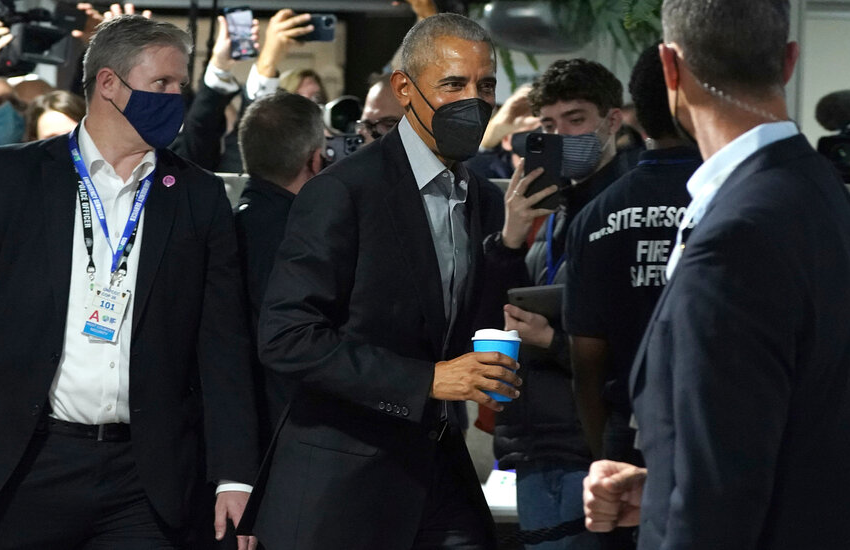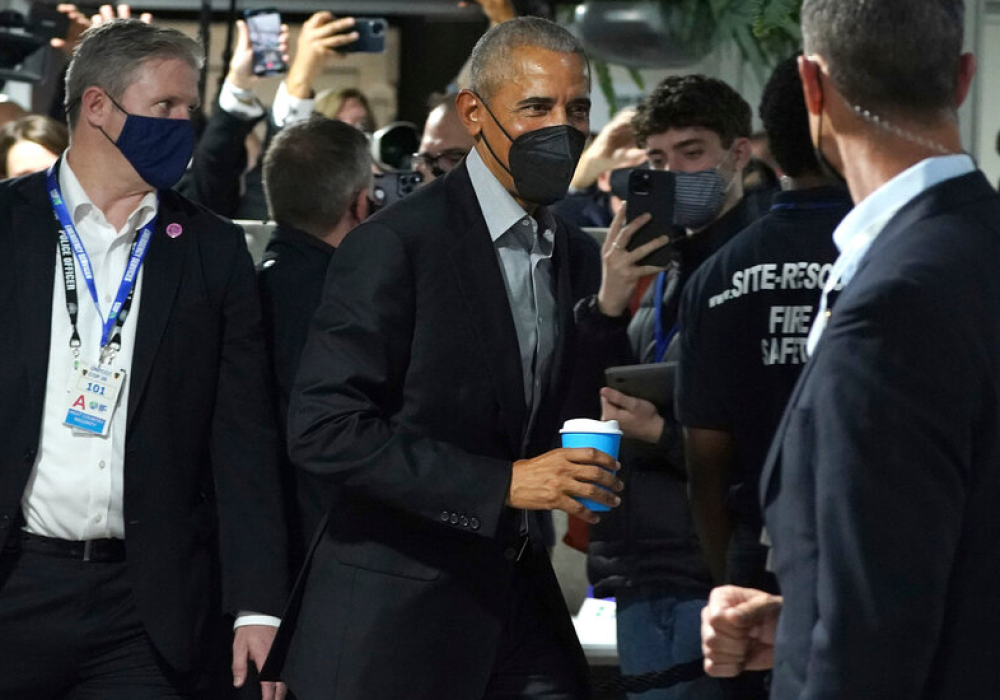He said he understood the psychic weight carried by younger generations, and the anger that many feel about inheriting a world where storms have become more ferocious and frequent, heat waves more deadly, where species are disappearing and the future feels frightening.
“I’m the father of two daughters in their early 20s,” he said. “It’s not always easy being young today. For most of your lives, if you’re in that generation, you’ve been bombarded about what the future will look like if we don’t do anything about climate change. And you’ve grown up watching the adults either act like the problem doesn’t exist or don’t do anything about it. It’s a real source of anxiety and some of you no doubt wonder if you’ll be safe.”
And he acknowledged that he, too, sometimes felt overwhelmed by the crisis.
“There are times where I feel discouraged, there are times when the future seems somewhat bleak, there are times when I am doubtful that humanity can get its act together before it’s too late,” he said. “Images of dystopia creep into my dreams.”
But, he cautioned, “cynicism is the recourse of cowards. We can’t afford hopelessness.”
“This is not just about raw numbers,” he said. “This is not just about science. This is about politics, culture, morality. It’s about the human dynamic. How do we work together to get a big thing done. It’s about participation. It’s about power.”
He made a glancing reference to his successor, Donald J. Trump, who pulled the United States out of the Paris accord and unwound more than 100 of Mr. Obama’s environmental regulations, calling the period “four years of active hostility toward climate science, coming from very top of our government.”
Mr. Obama also called out the Republican Party. “One of our two major parties has decided not only to sit on the sidelines, but express active hostility toward climate science and make climate change a partisan issue,” he said.










